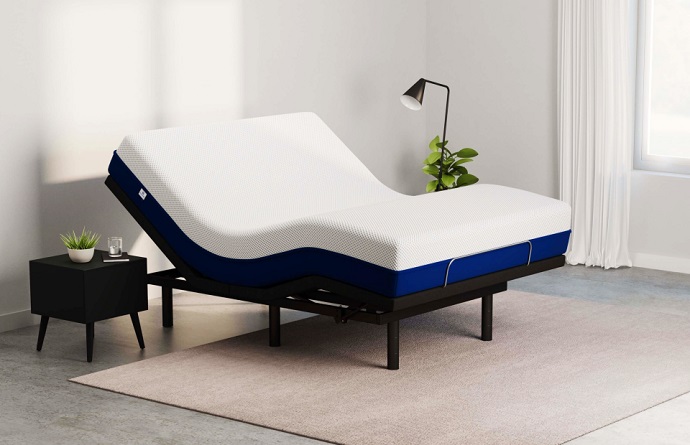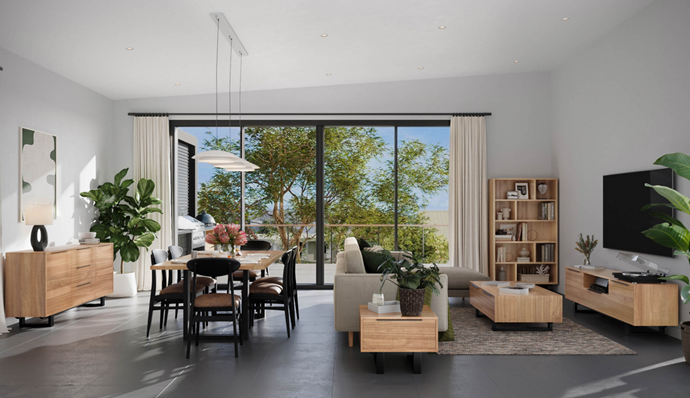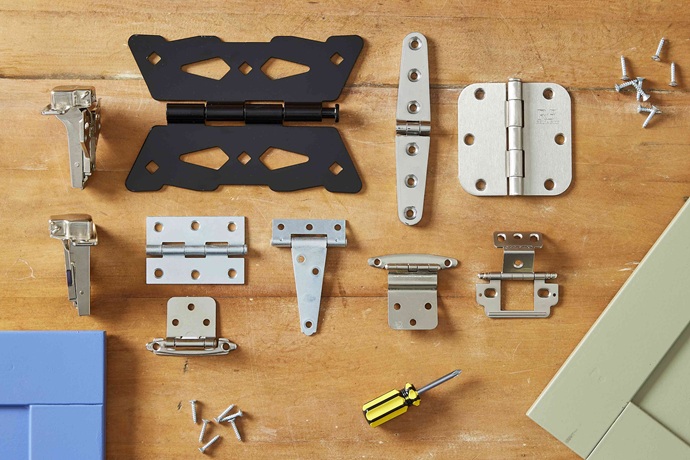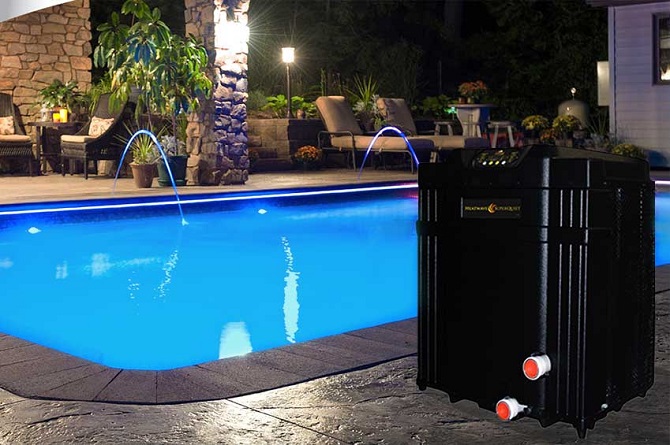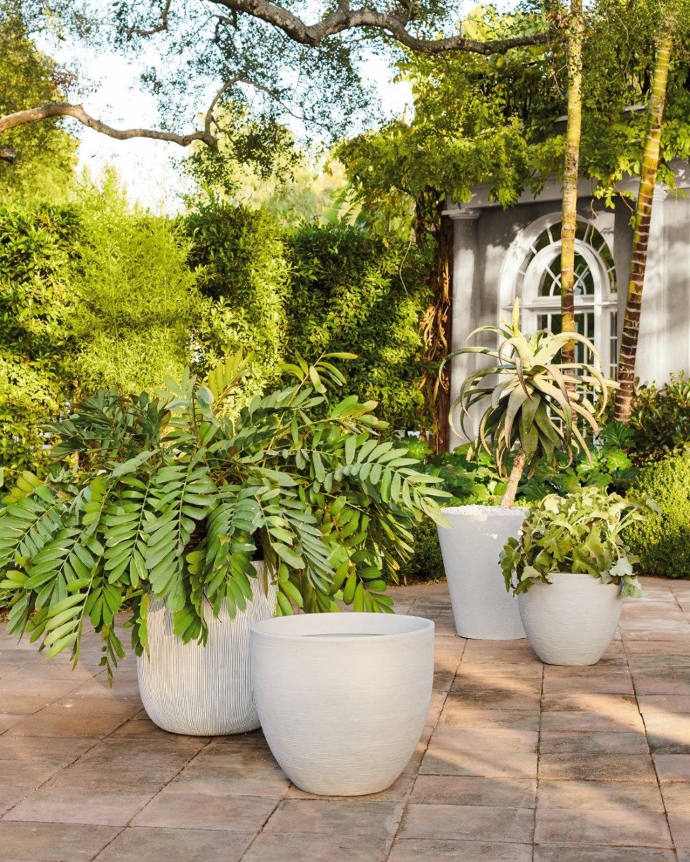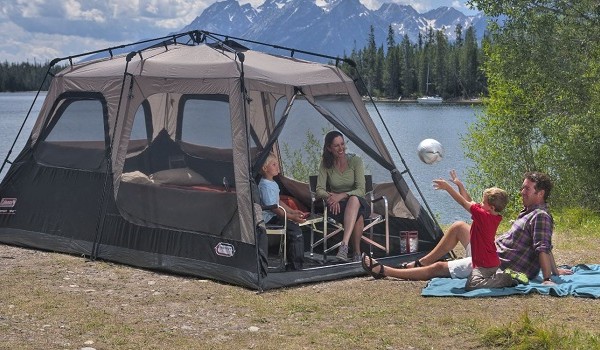Even though we live in one of the warmest climates in the world, it can still get cold enough so that you aren’t comfortable chilling in your swimming pool. If you’re looking to extend your swimming season, the best way to do that is by taking advantage of a pool heater. But with the many different types of pool heaters available nowadays, picking the one that will bring the most value for your money can be quite difficult, especially if you aren’t informed about the specifics of the different types. That being said, here are the all the different pool heater types and their distinct advantages and disadvantages.
Gas Heaters
The most popular type of pool heaters are gas heaters. They warm water quickly and are very efficient. The gas is transported into the heater through a pipe from a utility company. There are propane-fueled models in case there isn’t natural gas available around your area. The main advantage of these models is that they can maintain water temperature even if the surrounding temperature fluctuates. However, if the temperature is extremely low, these heaters may require a lot of gas to heat and maintain the warmth of the water. There are three different types of gas heater models, including coil gas, convection, and tank heaters.
Electric Heaters
Electric heaters work similarly to electric hot water tanks. They warm the water by heating a coil, which then heats the water. Electric heaters are slightly slower at heating the water, and they’re more expensive to buy. However, they’re incredibly efficient in terms of energy usage and longevity. Generally, the largest disadvantage of electric heaters is that they’re very inefficient in colder climates, so you might not be able to heat up your pool if the temperature is below 10 degrees Celsius.
Solar Heaters
Solar heaters are becoming more popular as solar systems, in general, are becoming more widespread. The obvious downside to solar heaters is that you need to pay quite a lot of money for the solar system. However, once installed, the running costs are incredibly low. If you’re building a brand new pool and are considering a solar heater, then you have to consider its position and ensure it’s exposed to the sun throughout a bigger part of the day. With that said, make sure to have your location evaluated by a solar systems contractor before you buy a solar pump to ensure your location is appropriate.













